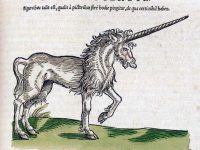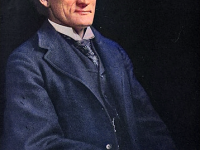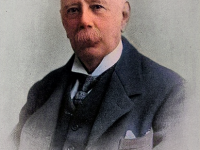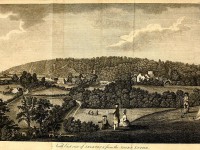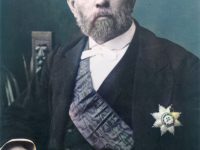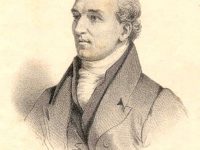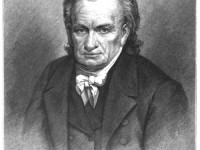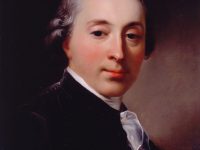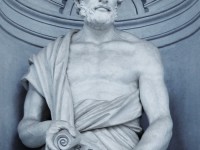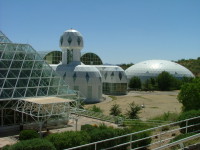Conrad Gessner’s Truly Renaissance Knowledge
On March 26, 1516, Swiss naturalist and bibliographer Conrad Gessner was born. His five-volume Historiae animalium (1551–1558) is considered the beginning of modern zoology, and the flowering plant genus Gesneria is named after him. He is considered as one of the most important natural scientists of Switzerland and was sometimes referred to as the ‘German Pliny‘. The Godson and Protege of Zwingli Conrad Gessner was born and educated in Zürich, Switzerland as the…
Read more

